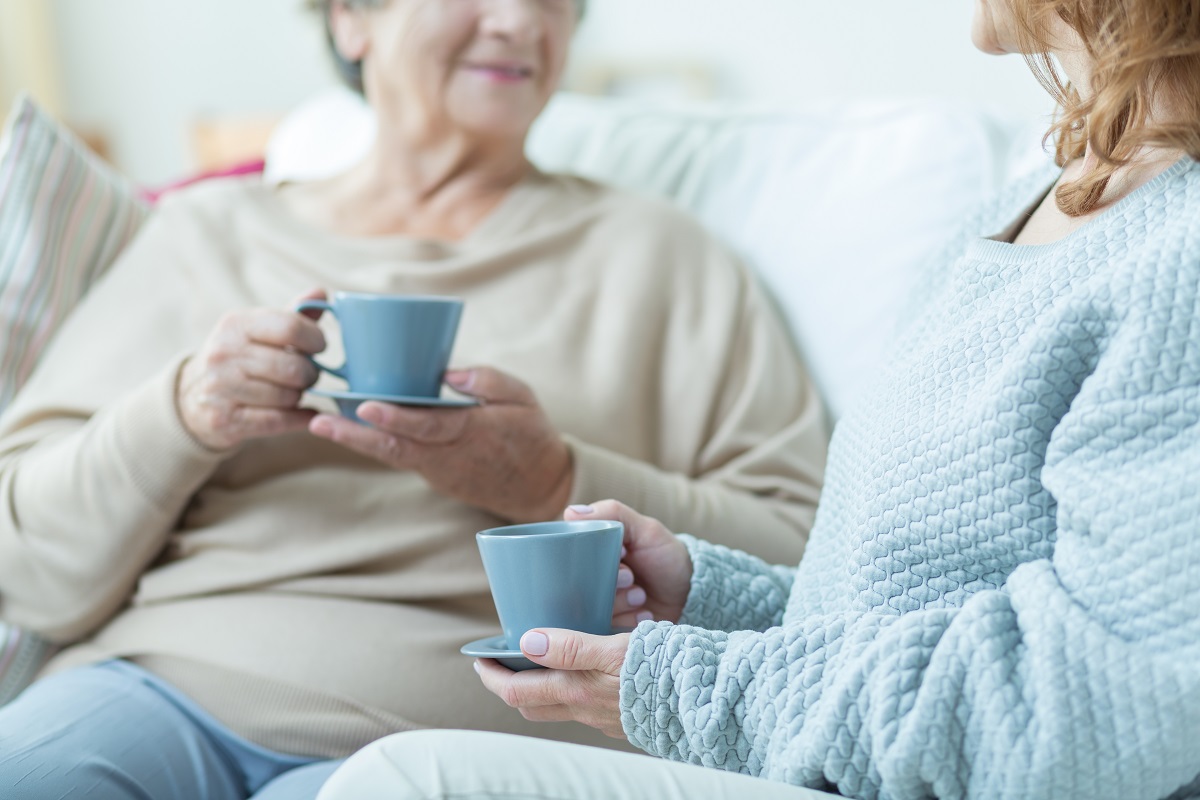BRCA1 ‘Jolie gene’ linked to Alzheimer’s disease

People who carry a particular gene that increases the risk of breast and ovarian cancer could also be at higher risk of Alzheimer’s disease
New research from the Gladstone Institute of Neurological Disease in California has discovered that a gene that is linked to breast and ovarian cancer could also be linked to Alzheimer’s disease.
Gene BRCA1 – sometimes dubbed the ‘Jolie gene’ because it’s the gene that actress Angelina Jolie has and which prompted her to have a double mastectomy and her ovaries removed – is crucial for repairing DNA and protecting against cancers.
However, if a mutation occurs, the gene is unable to produce a particular protein which helps to reduce tumours. Up to 65 per cent of women who carry the mutated gene will develop breast or ovarian cancer compared to 12 per cent of the normal population.
Scientists believe there is a depleted amount of the BRCA1 proteins in people with Alzheimer’s disease, suggesting it’s needed to keep brain cells healthy, too.
‘BRCA1 has so far been studied primarily in dividing cells and in cancer,’ says lead study author Dr Elsa Suberielle. ‘We were therefore surprised to find that it also plays important roles in neurons, which don’t divide, and in a neurodegenerative disorder that is characterised by a loss of these brain cells.’
Scientists are now testing whether increasing levels of BRCA1 in mice can prevent or reverse neurodegeneration and memory problems.
Our Resources by Our Experts
Want to learn more about all things care industry? Check out our blog!

4 ways to deal with stigma and ignorance
Dementia is challenging enough without the added burden of caring for a person whose condition seems to cause embarrassment and fear. Worrying about what people might think or say about your loved one can cast a dark shadow over your daily life.

What’s the difference between forgetfulness, memory loss and dementia?
Those ‘senior moments’ may creep up on you as you get older, but how can you tell if slips in memory are a normal part of ageing or a sign of something else?

Actress Gemma Jones reveals why she took on dementia role
Nearly four million viewers are tuning in each week to watch her moving performance as a woman living with dementia in ITV’s latest hit crime series Unforgotten. Here, actress Gemma Jones reveals why she decided to take on such a gruelling role

Can you slow down memory loss?
While a certain amount of brain slowdown will happen as you get older, memory loss can still be reduced thanks to a combination of medications and lifestyle changes. Here’s how…